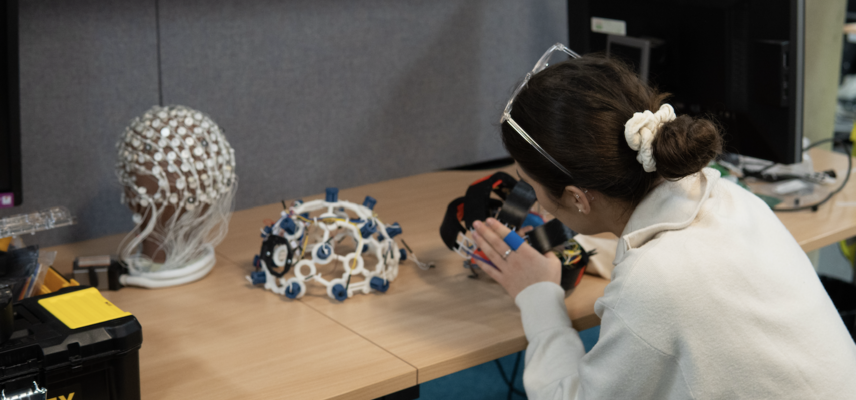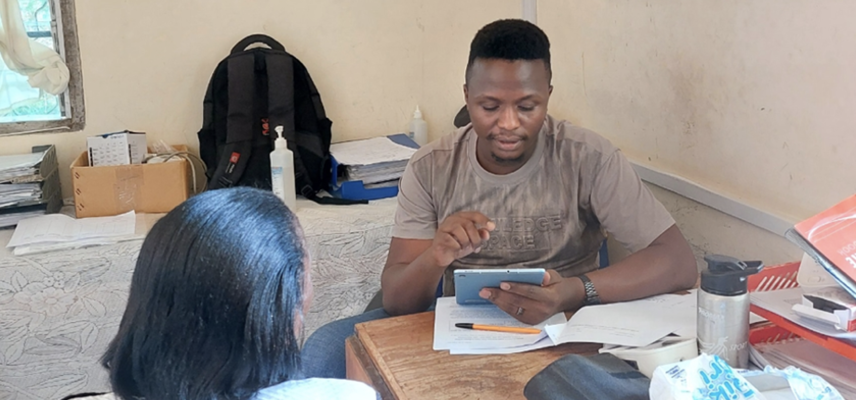Research & Innovation
At the Centre for Global Epilepsy, research and innovation are driven by real-world needs and partnerships across diverse health systems. Our programmes work alongside communities, healthcare teams and policymakers to understand lived experience, reduce stigma, improve diagnosis, strengthen treatment pathways and expand equitable access to essential medicines. From portable EEG technology and oral history archives to community-led interventions and digital supply-chain tools, we combine scientific research with culturally grounded solutions. By collaborating with colleagues in Africa, Asia and worldwide, we aim to create sustainable, scalable approaches that transform epilepsy care and support broader mind and brain health.
Research Programmes
Epilepsy Pathway Innovation in Africa (EPInA)
Epilepsy Pathway Innovation in Africa (EPInA)
The ZEST Study (Zimbabwean Epilepsy, Stroke and demenTia)
The ZEST Study (Zimbabwean Epilepsy, Stroke and demenTia)
Oxford Martin Programme on Equitable Allocation of Medicines
Oxford Martin Programme on Equitable Allocation of Medicines
MOMENTUM Study (Maternal Outcomes & Management of Epilepsy in Nepal Through Understanding and Metrics)









